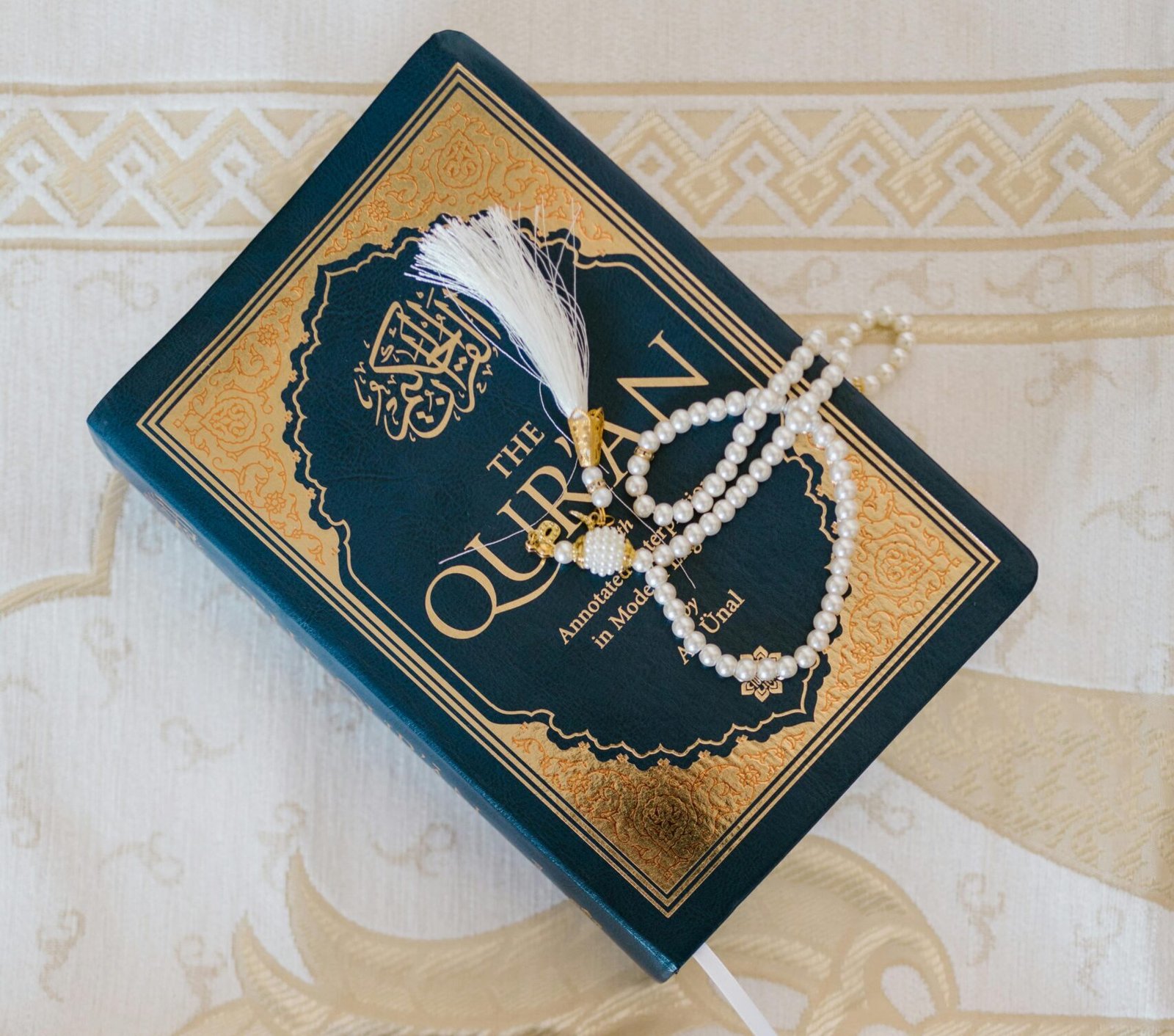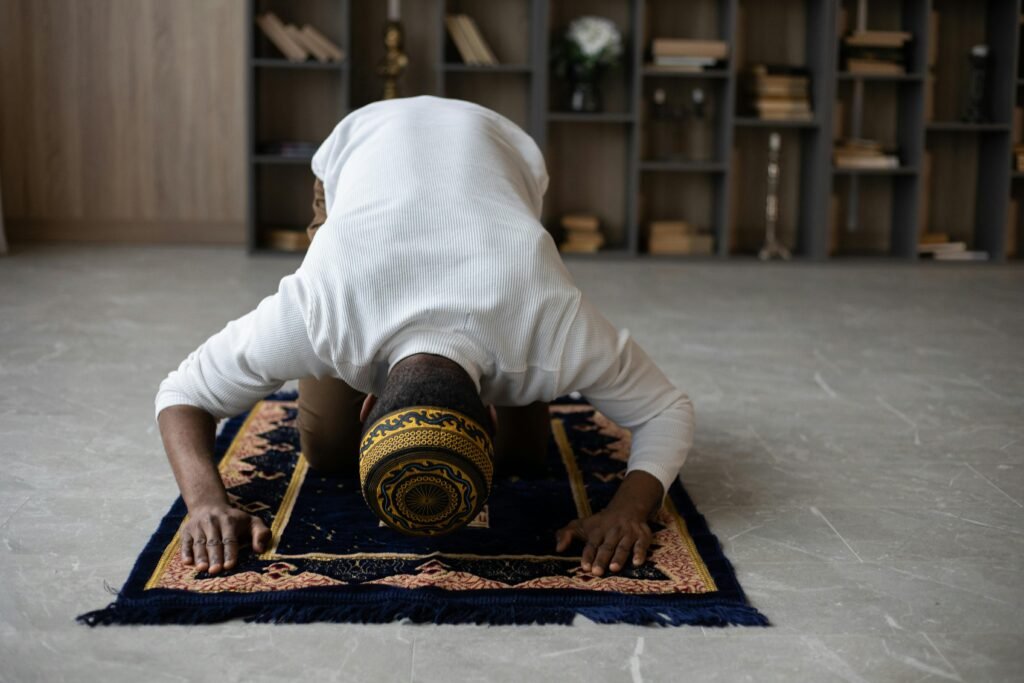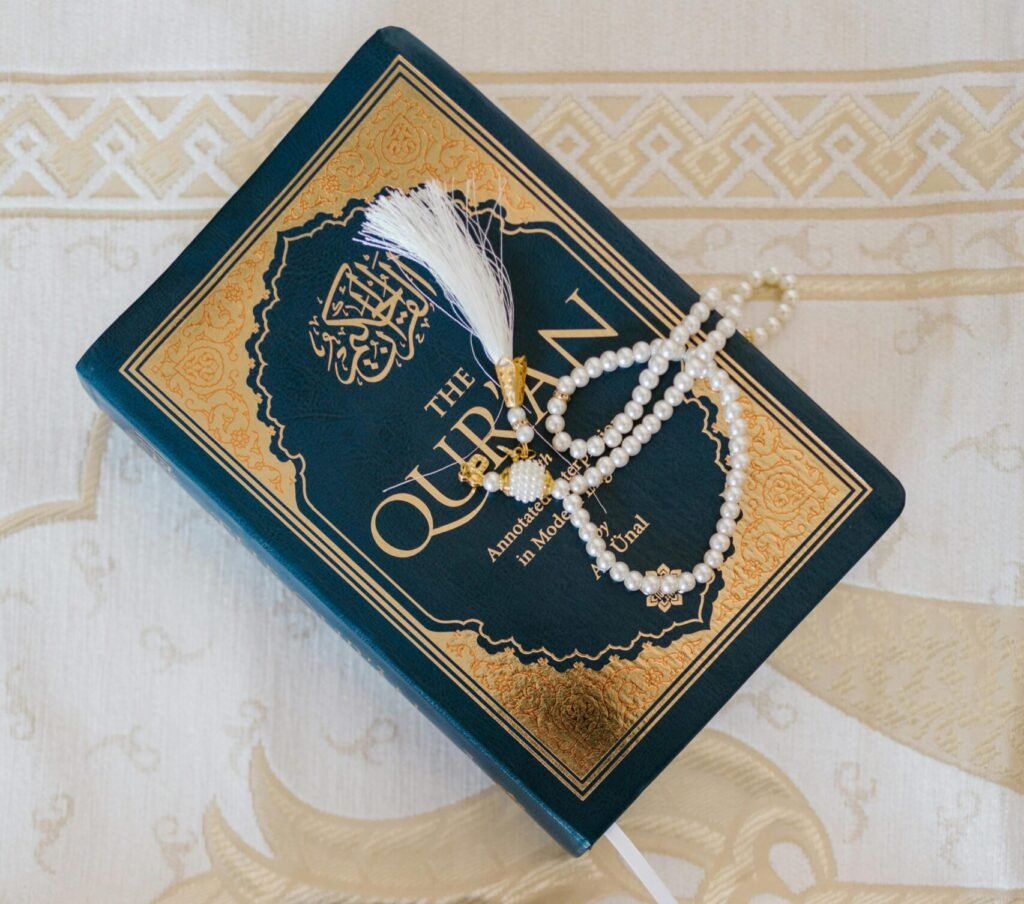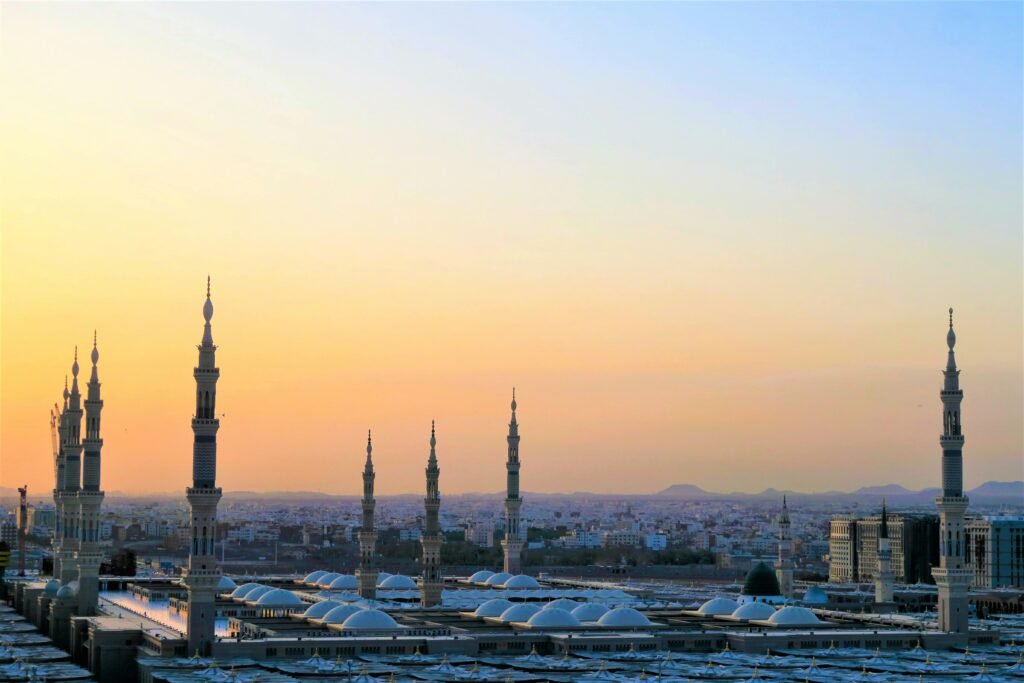
What is Islam?
Islam is one of the world’s major religions, with over 1.9 billion adherents known as Muslims. It originated in the early 7th century CE in the Arabian Peninsula and has since spread across the globe, profoundly influencing cultures, societies, and histories.
Islam means to achieve peace – peace with God, peace within oneself, and peace with the creations of God – through wholly submitting oneself to God and accepting His guidance. The name Islam was instituted by the Qur’an, the sacred scripture revealed to Muhammad (SAW). For believers, Islam is not a new religion. Rather, it represents the last reiteration of the primordial message of God’s Oneness, a theme found in earlier monotheistic religious traditions.

WHAT IS ISLAM
Historical Context
Islam began with the life of the Prophet Muhammad, born in Mecca around 570 CE. Muslims believe that Muhammad is the final prophet in a long line that includes figures like Abraham, Moses, and Jesus. In 610 CE, he received his first revelation from Allah (God) through the angel Gabriel, marking the beginning of his prophetic mission. The revelations were later compiled into the Quran, Islam’s holy book.
In 622 CE, Muhammad and his followers migrated to Medina, an event known as the Hijra, which marks the beginning of the Islamic calendar. Over the next decade, Muhammad established a Muslim community and political entity. By the time of his death in 632 CE, much of the Arabian Peninsula had embraced Islam.
Core Beliefs
The Five Pillars of Islam
The foundation of a Muslim’s faith and practice is articulated through the Five Pillars:
1. Shahada (Faith): The declaration of faith, professing that there is no god but Allah and Muhammad is His prophet.
2. Salah (Prayer): Performing five daily prayers facing Mecca, which structure the daily life of Muslims.

3. Zakat (Charity): The obligation to give a portion of one’s wealth to those in need, promoting social responsibility.
4. Sawm (Fasting): Observing fasting during the month of Ramadan, which fosters spiritual growth and empathy for the less fortunate.
5. Hajj (Pilgrimage): The pilgrimage to Mecca, required once in a lifetime for those who are able, symbolizing unity among Muslims.
Key Texts
Quran: Considered the literal word of God, the Quran serves as the primary source of guidance for Muslims.
Hadith: Collections of sayings and actions of Muhammad that complement the Quran and provide additional context for Islamic teachings.

Major Sects
Islam is broadly divided into two main sects:
Sunni: Representing about 85-90% of Muslims, Sunnis emphasize community consensus and the practices of the Prophet.
Shia: Comprising about 10-15% of Muslims, Shia followers believe in the leadership of Imams, whom they regard as the rightful successors to Muhammad.
Islamic Law (Sharia)
Sharia is the moral and legal framework derived from the Quran and Hadith. It encompasses all aspects of a Muslim’s life, including personal conduct, ethical behavior, and legal principles. Interpretations of Sharia can vary widely, leading to different practices among communities.
Cultural Influence
Islamic culture has left an indelible mark on various fields, including:
Art and Architecture: From the intricate designs of mosques to calligraphy and geometric patterns, Islamic art reflects deep spiritual themes.
Science and Medicine: The Islamic Golden Age (8th to 14th centuries) saw remarkable advancements in mathematics, astronomy, and medicine, laying the groundwork for future developments in these fields.
Philosophy: Islamic philosophers contributed significantly to the fields of ethics, metaphysics, and logic, influencing both Islamic and Western thought.

Modern Challenges and Contributions
Today, Islam faces various challenges, including misrepresentation and stereotypes. However, Muslim communities around the world continue to promote peace, justice, and interfaith dialogue. Many Muslims are actively involved in humanitarian efforts, advocating for social justice, education, and environmental sustainability.
Conclusion
Islam is a diverse and dynamic faith that emphasizes community, compassion, and devotion to God. Understanding its core beliefs and practices is essential for fostering mutual respect and appreciation for the beliefs of over a billion people worldwide.


MashaAllah